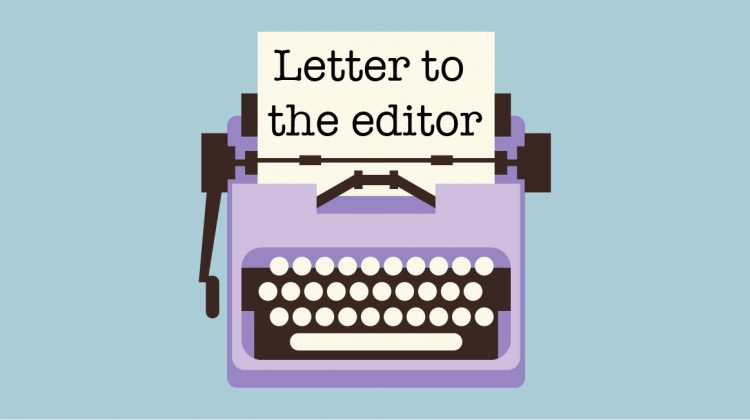To the editor:
The ongoing case of Town of Nahant v. Northeastern University concerns Nahant’s effort to protect a portion of East Point from private development by taking a conservation easement through eminent domain. The citizens of Nahant voted to conserve the land for public use — a lawful act for a lawful purpose. Yet Northeastern now argues that this vote should be invalidated because years earlier, certain Selectmen had opposed the university’s project for the “wrong reasons.”
Northeastern’s position amounts to a claim that “once poisonous, always poisonous.” It insists that even a valid public vote for a valid public purpose cannot cleanse what it calls earlier bad motives. But that is not, and has never been, the law.
Even in criminal law, where the highest constitutional protections apply, the doctrine of the “fruit of the poisonous tree” recognizes that taint can be cured. Evidence initially obtained unlawfully may still be admitted if it later arises from an independent source, would have been inevitably discovered, or becomes sufficiently attenuated from the original misconduct. If our criminal justice system allows for redemption and correction, surely a small town’s democratic vote deserves the same.
Here, the people of Nahant acted openly, lawfully, and in good faith to preserve land for conservation. Yet Northeastern asks the court to invalidate that act of self-government — to brand the entire community as “bad-faith actors” because of the supposed motives of a few individuals years earlier.
If accepted, this reasoning would invite abuse. Plaintiffs like Northeastern or large developers could intentionally manufacture taint, lobbying or provoking officials to make statements that forever poison the process of a lawful taking. That would mean that no matter how legitimate the people’s later vote, or how clear the public purpose, their will could never cleanse the record.
Justice allows for cure, not endless condemnation. The citizens’ lawful vote for conservation is the mechanism through which democracy corrects itself — and that vote should not be silenced by a doctrine that even criminal courts have never read so harshly.
Sincerely,
Harlan Harvey


